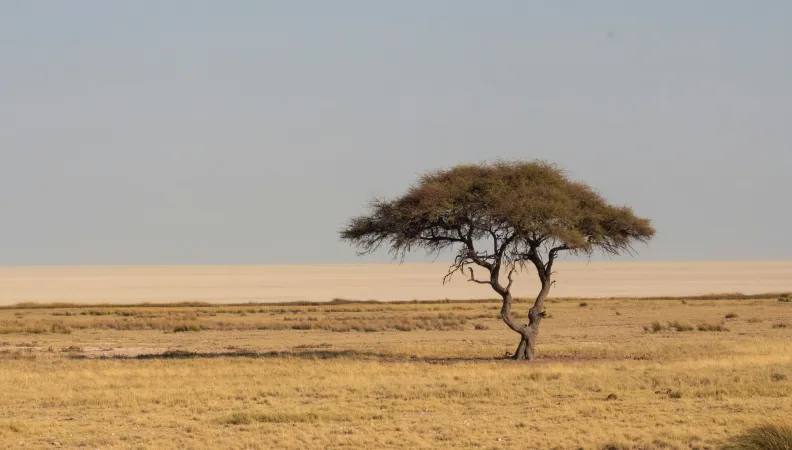Share the page
Prevent, punish, repair: how can justice protect our planet?

-
When
-
How can we guarantee effective environmental justice in the face of ever more serious damage to our planet? What legal levers and international mechanisms can be mobilised to combat environmental crimes in the long term?
Environmental Justice: Panorama
Industrial pollution, illegal exploitation of natural resources, massive deforestation, illegal fishing or trafficking in protected species... These offences, which are multiplying on a global scale, are now the fourth most lucrative form of crime in the world. They are taking place against a backdrop of climate emergency documented by the IPCC reports, with direct consequences for the health, social inequalities and economies of the most vulnerable countries.
The international response to these challenges is becoming increasingly organised. Numerous treaties and regulatory frameworks have been adopted to provide a framework for environmental protection. In Europe, the Green Pact is one of the pillars of this mobilisation, while major world conferences such as the COPs are seeking to include ambitious measures in the global agenda.
But truly operational environmental justice depends first and foremost on increasing the skills of all those involved in the legal system: judges, investigation departments, specialised administrations, etc. International cooperation has a key role to play here in strengthening synergies, disseminating best practice and supporting civil society in its ability to demand the application of environmental law.
This Rendez-vous de l'Expertise provided an opportunity to cross the views of stakeholders involved in the field, who came to share their experiences, tools and concrete courses of action to advance the effectiveness of environmental justice at all levels.
What is a #RDVExpertise?
Les Rendez-vous de l'Expertise is a series of conference-debates based on a format inspired by TV programmes. Each session tackles a major issue in international cooperation through two round tables featuring international experts and practitioners. These discussions - held face-to-face or in duplex from different priority geographical areas - highlight the diversity of the players in the sector. Through direct dialogue, the speakers share their analyses, field experiences and perspectives on contemporary challenges.
